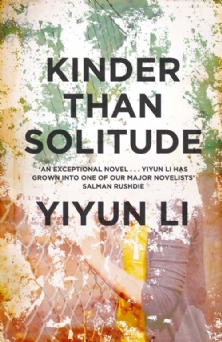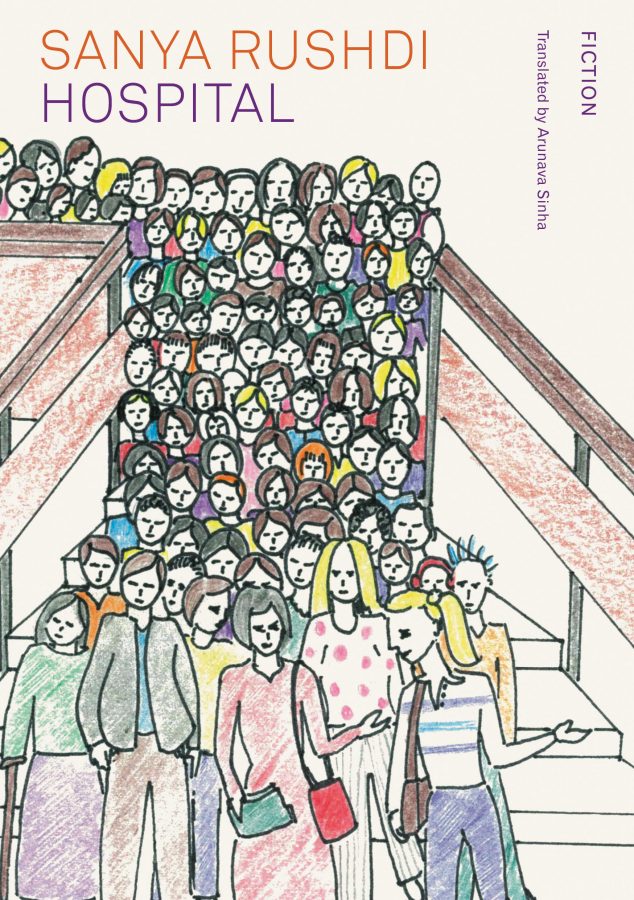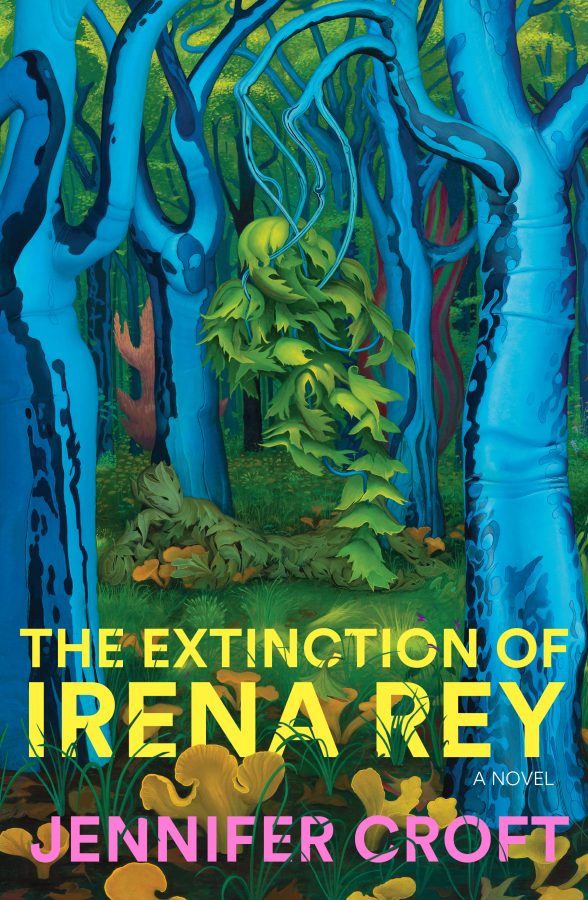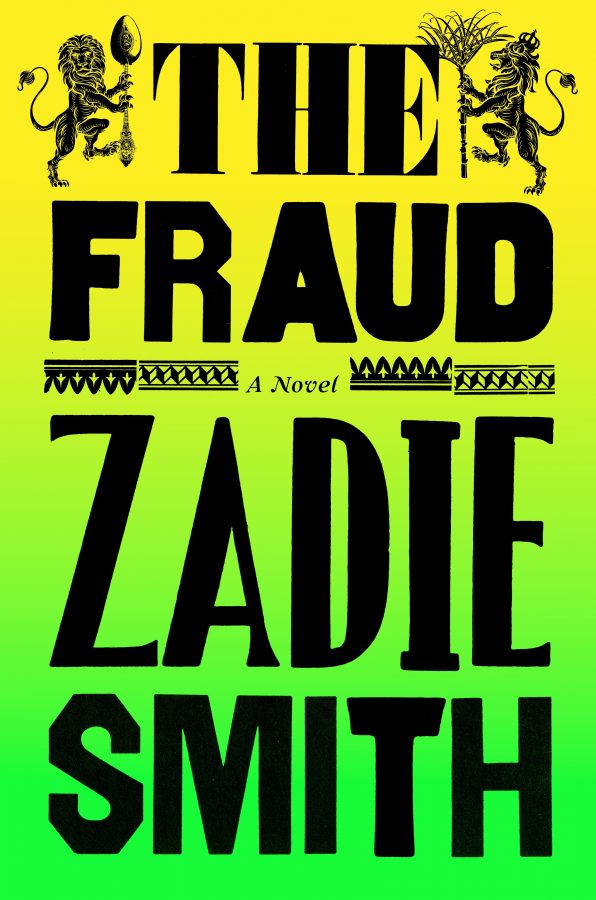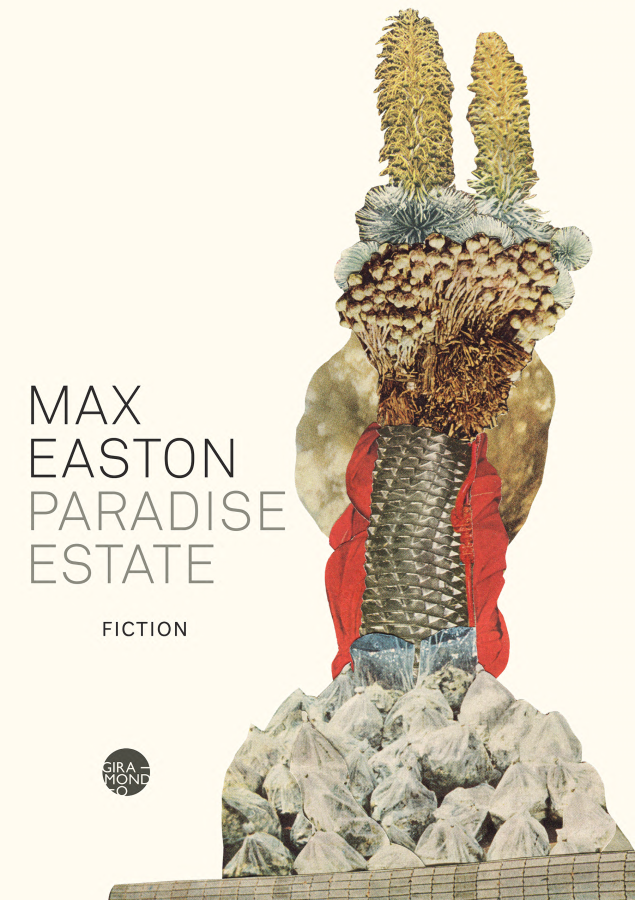Yiyun Li’s Kinder Than Solitude begins in a funeral parlour in contemporary Beijing with the unceremonious cremation of Shaoai, a woman who suffered serious brain damage 21 years earlier, but had ‘clung to a world that had neither use or a place for her’. As a 22 year old student, Shaoai had been involved in democratic protests in Beijing in 1989, for which she was expelled from university. Shortly afterwards, she was poisoned and ‘whether it had been an attempted murder, an unsuccessful suicide, or a freak accident had never been determined’. Nonetheless, we are told enough to infer that the poisoning was not entirely innocent. Either implicated or directly involved are the novel’s three protagonists, Ruyu, Boyang and Moran, childhood friends, who were fifteen years old at the time.
The novel shifts forwards and backwards, between Beijing at that fateful moment in Chinese history in 1989 and somewhere around 2010. Ruyu, Boyang and Moran all grew up in the same apartment complex, where they met every day in the same quadrangle. Boyang, the son of two academics, has become a financially successful property developer. A failed marriage behind him, his main preoccupation is his role as ‘sugar daddy’ to younger Chinese women who are struggling financially. We learn early on that Boyang, who was in love with Ruyu twenty years ago and the object of Moran’s unrequited affection, continued to care for Shaoai in the intervening years, apparently out of either a desire to remain connected to the past or a lingering feeling of guilt.
Ruyu, an orphan, was raised in the complex by two religious ‘aunts’, and with Shaoai as surrogate older sister. Her loveless childhood and her problematic relationship with Shaoai are offered as explanations for her acute lack of empathy. ‘She has grown up holding everything in,’ Boyang explains. Ruyu now lives in America, having survived two failed marriages while working menial jobs, though she does not appear to be disappointed with her lot because ‘disappointment is for those who begin with a plan, those who sow seeds and refuse to accept the barrenness of life’. Ruyu stole the vial that was used to poison Shaoai from a local university, and she still checks in with Boyang from time to time about Shaoai’s health. She finally decides to return to Beijing when she learns of Shaoai’s death.
Moran also lives in America. She holds a PhD in chemistry and works for a pharmaceutical company in Massachusetts, where she sits in a room alone and measures ‘the viscosity of various health and hygiene products for quality control’. She also had a failed marriage – to the much older Josef, with whom she is still in touch. Moran does not return to China to visit, though she has met with her parents in exotic locations all over the world. Li writes of Moran: ‘though her life lacked the poignancy of great happiness and acute pain, she believed she had found, in their places, the blessing of solitude.’
*
In fiction, it is difficult to write about a political subject without becoming didactic and, by and large, contemporary readers do not come to fiction in order to be told what to think. This is a problem Li faces in confronting the central preoccupation of this novel, which is the state of contemporary China and its record with political dissidents. The writers who are most successful at navigating this sort of politicised territory – writers such as J.M. Coetzee or Nadine Gordimer – provoke thought. They focus on the specific and allow their subject to resonate beyond its terms. Instead of confronting her troubling subject directly, Li similarly focuses on the personal and lets the reader make the association between her characters’ circumstances and contemporary China.
Yiyun Li was born in China, but relocated to America in her early twenties. In her fiction to date, her subject has been overwhelmingly China, but from the outside looking back in. She is the sort of ‘quiet’ writer who might have gone unnoticed, were it not for the obvious significance of her subject matter. Last year, she was named as one of the New Yorker’s ‘20 under 40’ and she is a recipient of a MacArthur Fellowship, otherwise known as the ‘genius grant’, whose previous recipients include David Foster Wallace, Cormac McCarthy and Lydia Davis.
Li might be grouped with a loose movement of writers who have risen to prominence in recent years, including Jhumpa Lahiri, Chimamanda Ngozi Adichie and Junot Diaz. Each of these novelists has lived in America for significant periods, but belongs to a particular diaspora; each explores the immigrant experience. Lahiri’s The Lowland (2013), which was shortlisted for the 2013 Man Booker Prize, explores similar themes to Kinder than Solitude. It depicts the effects on a family of a brother’s involvement in the Naxalite movement in Calcutta, a rebellion waged to eradicate inequity and poverty. What Lahiri’s book has in common with Li’s is the distance her story has from its central conflict; we are not immersed in the immediate tension, but looking back at it from a position of calm, watching its ripples. This perspective seems common to the immigrant experience – the relative stability of their adopted land allows these writers to reflect on the more turbulent countries of their heritage. Perhaps this has to do with time as well as location, in that significant events are often more easily understood in retrospect. In a way, in this sort of fiction, what is important is not so much what happened, but how it is understood by its characters.
Li’s first book of short stories, A Thousand Years of Good Prayers (2005), was a dazzling collection of personal epiphanies that won her the Guardian First Book Award and the Frank O’Connor International Short Story Award. In her first novel, The Vagrants (2009), her subject became more obviously political: the narrative was set in rural China where the execution of a political prisoner drew its disparate characters together. With her second collection of stories, Gold Boy, Emerald Girl (2010), Li’s writing took on a new focus: characters ill at ease with their own conscience.
Kinder Than Solitude continues this theme. Li’s great strength is her acute psychological realism, which is comparable to that of a writer like William Trevor. Though her fiction is written in the third person, we are privy to her characters’ thoughts. Indeed, her characters are their thoughts; there is barely a physical description of anyone. Reflecting on his vacuous, much younger lover Coco, Boyang tells us: ‘To keep her on uncertain footing gave him the pleasure of being in control.’ When faced with uncomfortable questioning, Moran has ‘a stock of ready answers to these questions, replies that would deter further questioning’.
Ruyu, Moran and Boyang now exist in a sort of stasis. Though they have been successful in some respects – academically in Moran’s case, financially in Boyang’s – they could hardly be said to have flourished as human beings. Their approach to life is remarkably passive. None of them seem to have chosen their current existences. Rather, they have acquiesced to their present conditions. Ruyu’s first marriage, which was violent, ‘was a transaction, Ruyu had accepted his terms, offering, in return for lodging and food and tuition money, her consent to be wifely’. In fact, the only real choice Li’s characters have made is not to know the truth about Shaoai’s poisoning, though they might have inquired. It seems that in choosing ignorance over truth they have become shackled to these shallow existences, which they live in order to avoid the tragedy of their past. There is a sort of complicity to their silence: so long as none of them speaks of the past, they are free from any obligation to confront it.
A certain layering of meaning occurs in Li’s writing: she is writing about individuals, but for Li the personal and the political are intimately linked. On the one hand, these characters are the product of very specific circumstances; on the other, reconciling one’s ideals to the reality of negotiating life’s messiness is a basic human problem. In this way, Li’s preoccupations are at once regional and universal. By using these characters, Li avoids the awkwardness of forcing her political message upon us, because the novel works both as a story, and also as an implied reference to the silence about the past that pervades contemporary China.
Li’s writing is lucid but plain. Her sentences are precise. There are very few visual descriptions offered. A paragraph-long, single sentence description of midsummer in Beijing towards the start of the book is unusual in its descriptive flourish and length: ‘its extreme heat and humidity occasionally broken by a relieving thunderstorm, gave the impression that life today would be that of tomorrow, and the day after, until forever.’ The book is also striking in its lack of figurative language; sentence by sentence, there are only a handful of metaphors and similes to be counted.
But then there is the delicious allegory at the centre of the novel, which the lack of descriptive language only serves to highlight. Shaoai’s 21 year illness, which ‘left her near blind and with the intelligence of a three-year-old’, coincides with the period that has elapsed since the violent crackdown against the democratic protests in Beijing in 1989. If Shaoai’s poisoning is a metaphor for the Chinese government’s response to those protests, the remarkable passivity of Li’s protagonists in their personal lives can be read as analogous to the way in which this violence has never been properly confronted or explained. Shaoai, of course, is incapacitated and cannot speak of what was done to her, but Ruyu, Boyang and Moran might have known and understood the poisoning had they the courage to ask each other. The symbolism of Li’s woman in a coma, might be compared to the body buried in a shallow grave in Gordimer’s The Conservationist (1971). In the same way that Gordimer was suggesting the abuses of South African apartheid required confrontation, Li suggests that China’s transgressions must also be exposed in order for there to be any hope for its people to prosper.
There is an undertow of authorial irony in Li’s language. ‘Imagine the freedom they would have when they went to university,’ Boyang says to Moran, not knowing (as we do) what happened to the university students during the Tiananmen Square protests. Boyang also reflects that ‘a death, though twenty-one years too late, had nevertheless become part of his first love; it was like having died from losing one’s virginity … unfortunate to the extreme of being comical.’ Despite the poignancy of the characters’ circumstances, there is at least some scope for humour.
Li’s writing does, however, include occasional statements that are not easily attributable to her characters and which come across as awkward and didactic. ‘Time, refusing to become memory, demands one’s attention with a suffocating grip, yet one can do nothing about time, nor can one do away with time,’ writes Li. The book is peppered with these sorts of pronouncements, and while the observations are sometimes interesting, it is difficult to see what function they are serving, when they are obviously the author’s rather than her characters’. In a book that so studiously avoids polemics, these authorial intrusions are particularly jarring and detract from the psychological plausibility of the characters that Li spends much of the novel meticulously developing.
Unlike The Vagrants, which was bleak to the point of desolation, Kinder Than Solitude offers us some cause for optimism. In a conversation Boyang has with Sizhuo, a younger woman who proves resistant to Boyang’s money and charm, Sizhou says that if her desire to know the truth about the world makes her a fool, she does not mind. When asked by Boyang what she does mind, she says: ‘Not knowing, and making do with not knowing.’ As a member of the generation after the three protagonists, Sizhuo is the book’s great hope amongst a good deal of despair.
When the mystery of Shaoai’s poisoning finally unravels, it is little more than a confirmation of what we already suspect. Even so, the final chapters of the book are compelling, because Li’s characters stop hiding from themselves. Ruyu returns to Beijing and explains the poisoning to Boyang. Moran’s offer to care for her ex-husband Jozef when she learns of his cancer is rebuffed, but in the act of offering, she finally forgives herself for her role in Shaoai’s poisoning.
Kinder than Solitude has a complicated, onion-ringed narrative that is at times disorientating, but is worth persevering with for the dénouement. The book resolves its past events, though Li gives no solid forecast for her characters’ future lives. They must live with uncertainty. Having confronted their past, however, they are now on a more solid footing. Similarly, although Li offers us many privileged insights into contemporary China, she stops short of any speculation about its future. Instead she allows us to wonder, which, in fiction, is as it should be.
